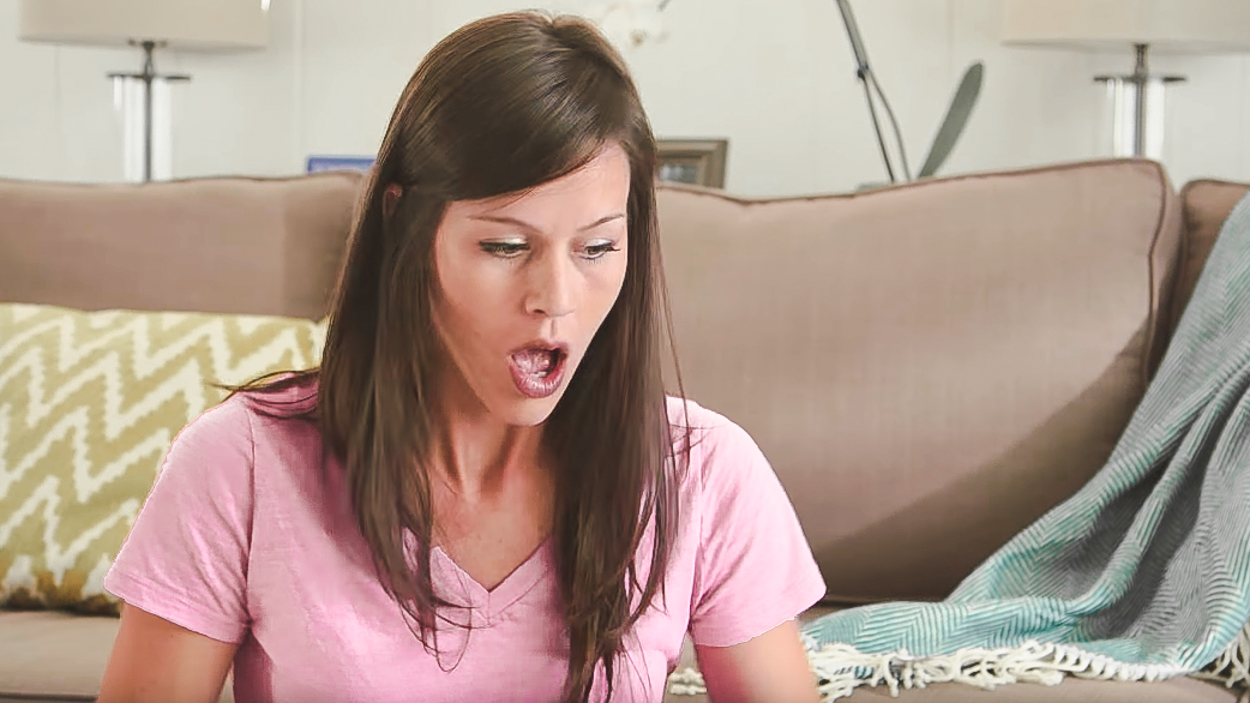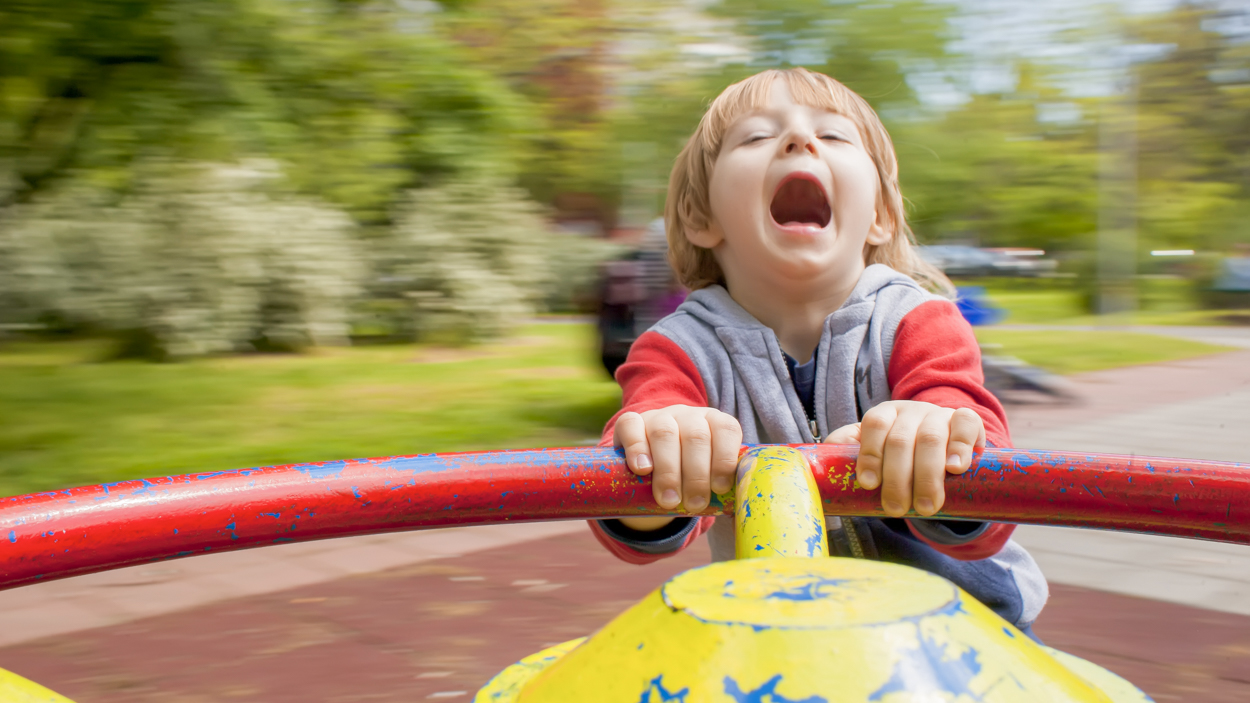

In the beginning of second grade, my son made a new best friend. The other boy—I’ll call him Hunter—and my son had a ton in common: Movie-making. LEGOs. Mild mischief. They had code nicknames and wanted to hang out together all the time.
As it turns out, I liked Hunter’s mom—I’ll call her Kara—a lot. She and I could talk about important things. And our younger kids, both daughters, also got along. It was the perfect playdate.
Early on, I noticed a few things I didn’t love about Hunter. He got mad and broke one of his little sister’s toys. He instigated feuds with the girls, which, I admit, my son seemed happy to participate in. He threw toys and comic books out of our treehouse, scattering junk all over my yard.
This behavior didn’t trouble me exactly; no one was getting hurt. But, over time, it did make me reluctant to have Hunter at our house. Instead, I organized playdates at the park, and we went frequently to his family’s place. Looking back, maybe I should have clued Kara in on why I was pulling back on the invitations, but she didn’t seem to notice and—well, I’m a conflict avoider. That’s important to this story.
Meanwhile, Kara and I texted each other almost daily about the amusements and frustrations of parenting. Over the course of a year, we grew close.
Then things started to change. Once when I watched the four kids alone, Hunter shouted “f*cking s#it,” over and over, giggling. My son joined in, and when I told them to stop, my son did, but Hunter kept it up. Maybe I’ve been lucky, but I’ve found most eight-year-olds–who aren’t my own kid–relatively easy to deal with, and thankfully so because there’s nothing more awkward than dealing with the misbehavior of other people’s kids. But Hunter’s defiance worried me. What if someone’s safety were on the line, I wondered? Would he listen to me then?
I didn’t mention it when Kara picked him up because—well, let she who is without sin cast the first stone. My son’s not an angel. And like I said, conflict avoider.
But slowly, perhaps without consciously realizing it at first, I started making plans with other families more than with Kara’s. I stopped offering to pick up her kids. I took longer to respond to her texts and sometimes pretended I hadn’t seen an invite. It felt wrong, deceitful somehow, but also self-preserving. I feared a confrontation would ruin our friendship, and so in a weird way, I backed away from the friendship to try to save it.
One day, Kara texted me at the last minute – she was on a tight work deadline, could I watch her kids at the park for an hour? Wanting to help my friend, but nervous about how it would go, I reluctantly agreed.
Hunter brought a padlock to the park and proceeded to lock himself and my son inside a small gated area and started sharpening sticks to defend their space from other kids. From the other side of the ten-foot chain link fence, I argued with Hunter for several minutes. It took my threatening to call his mom for him to unlock the gate. A young nanny witnessing the incident was incredulous.
“He’s my good friend’s son,” I explained, embarrassed that she might think he was mine. “I think he’s having a tough day.”
Even after the gate incident resolved, though, the playdate devolved further. There was some name-calling and a tense moment when Hunter threw rocks to ward off kids who were getting too close to him. Then his voice rang out across the playground. “I’m going to kill them!”
We left the park quickly, my mind swimming. I was outraged at Hunter’s disrespectfulness. Embarrassed at having been on display at the park. Worried about the messages my son had absorbed.
I also felt really dumb. Clearly, this had become a PROBLEM and I needed to pull my head out of the sand and address it.
That night, my heart pounded as I called Kara. I really, really hate conflict.
“I’m nervous about having this conversation because I value your friendship,” I said.
“Don’t worry,” she said. “I can’t think of anything you could say that would endanger it.”
I can, I thought.
“Well, ummm,” I started, “I’m just a little —errr—concerned—I mean, I thought you should know—”
I stammered on for a bit, and eventually told her everything. I assured her that I wanted the boys’ friendship, and ours, to continue to thrive. I also remember telling her that I could empathize with the challenges of parenting a child with complex and intense feelings, because I can. But I also can’t really remember too many details because I was feeling so anxious and tongue-tied.
Kara thanked me for my honesty and said, “you know, camp counselors have had similar concerns. In fact, every time I leave Hunter in someone else’s care, I wonder how it’ll go.”
I hadn’t known that.
She said she’d talk to Hunter about his behavior and maybe even return to a therapist with him. “See you soon,” she said, and we hung up. I breathed a huge sigh of relief. It had actually gone well.
The next day, though, an email from Kara appeared in my inbox. As I clicked it open, my throat went dry. Inside was an accounting of all the reasons that Hunter had acted the way he did. He was hungry. He had a headache. He didn’t feel safe enough at the park. He was a sweet and sensitive boy, and she was disappointed that I didn’t see that. Furthermore, Kara went on, she wasn’t sure my son was a good influence on Hunter. Did I know that my son had taught Hunter to swear? That her child had never even heard those words before becoming friends with my son?
Anger and frustration flared in me. Suddenly I felt very defensive. Sure, my son does some things he shouldn’t. He may well have taught her son to swear. But he knows when to stop, and he also doesn’t lock up public property, throw rocks at other kids, or say he’s going to kill them.
I didn’t return her email. Instead I stewed.
But after a few weeks, I missed my friend. I asked Kara to go on a walk with me. We tried to smooth things out. She explained that, taking my concerns to heart, she was seeing a therapist with Hunter. I explained that I knew my son could get up to mischief, too, and that I shouldn’t have waited to talk about things with her.
It helped a little, but, still, things fizzled between us. The boys were assigned to different classrooms the following school year and –possibly sensing the distance between us moms—they drifted apart. I still saw Kara at school once in a while, and it was… well, it was awkward. We sputtered quick pleasantries and hurried away.
My take on it is that Kara, feeling embarrassed and defensive, switched into protective-mama mode. It’s totally understandable. I suppose I did, too. It’s hard to hear tough stuff about a kid you love with all your heart.
If I could float back in time, I’d bring up my concerns about Hunter’s actions sooner. I’d discuss with my friend whether our boys were influencing one another toward more impish than healthy behavior. At least I hope I would do that. But I might just make the same stupid-ass mistake and look the other way until it wasn’t possible anymore.
After about three months of awkward avoidance (hard to do with like 800 friends in common), Kara texted me out of the blue. Would my son like to come over and make movies with Hunter for a couple of hours?
I thought about it a moment, then checked with him. Yes! I texted back. He would. Is 2pm OK?
We were both a bit cautious that day. She texted frequently with updates: they were playing cooperatively and having fun. No feuds with sisters. No meltdowns or destruction. Praise the gods of social good will—a playdate success!
Slowly, we’re getting our friendship mojo back. I’m learning to say what I mean, and we’re both learning to take a clear-eyed look at our boys. She’s a good mom and a good friend, and I’m so glad she’s back in my life.
Even so, please don’t forward this to her. Thanks.







